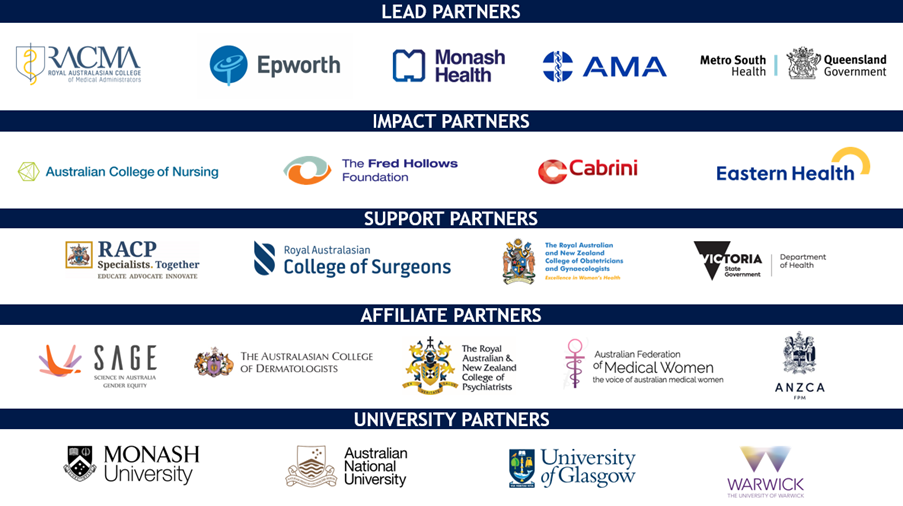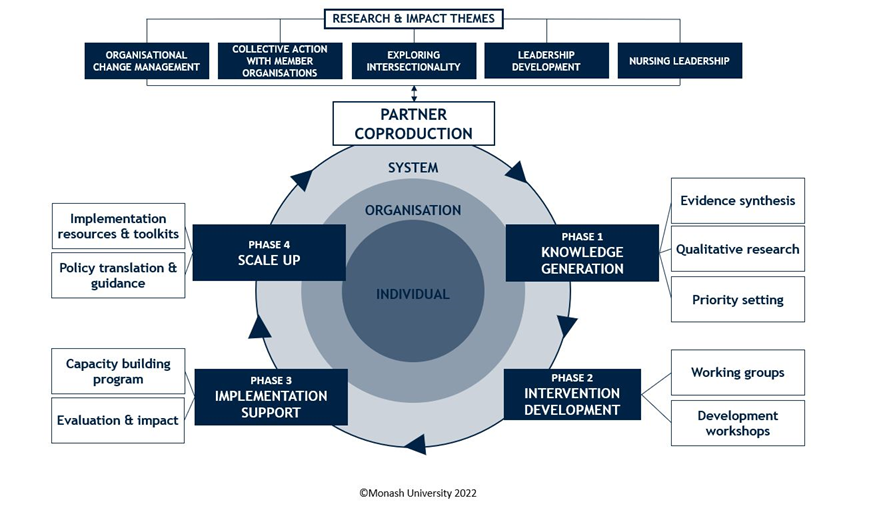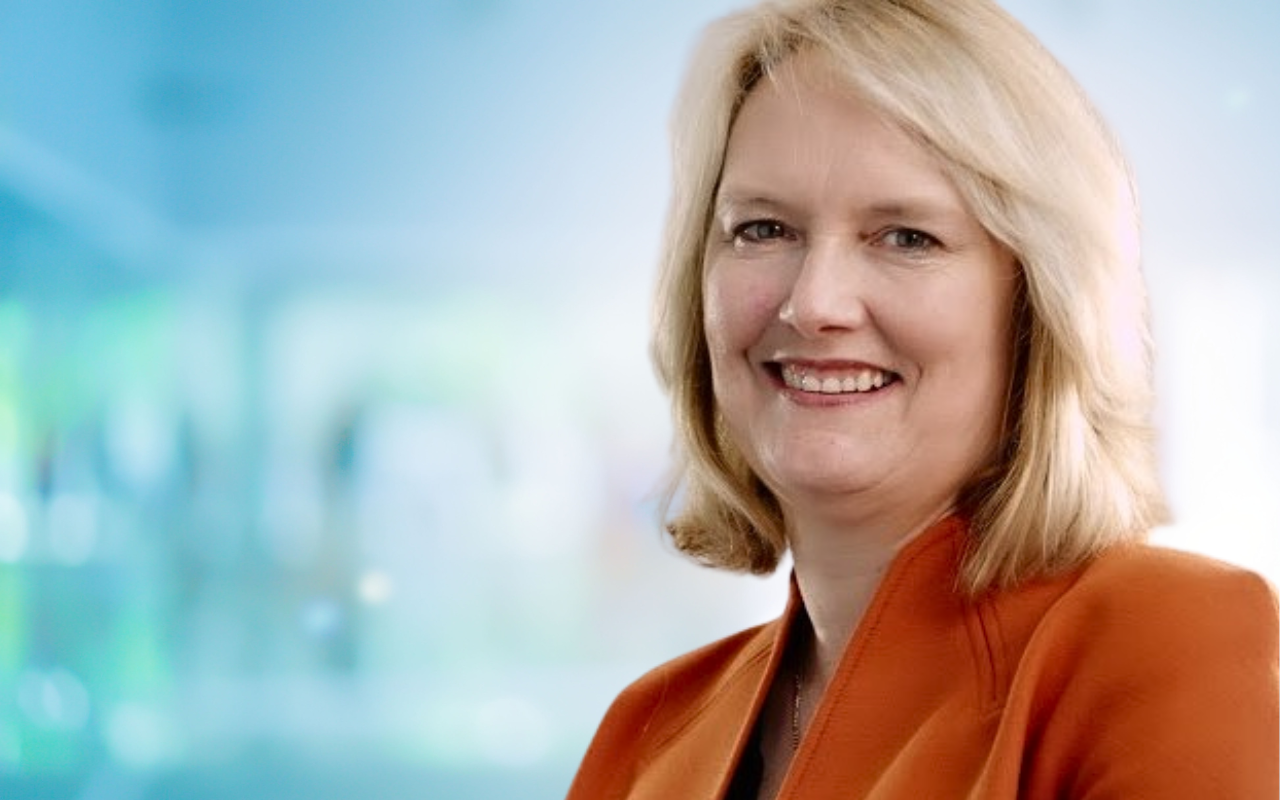The theme for International Women’s Day 2024 is “Count Her In: Invest in Women. Accelerate Progress” and is a call to action for accelerating gender equality through economic empowerment.
In the context of International Women’s Day, it is highly appropriate that our leaders in health care acknowledge the critical impact of social determinants on health and wellbeing, especially for women. In the past decade, Australia has seen a decline in women’s financial security, with direct impacts on health and wellbeing. Our annual Women’s Health and Wellbeing Scorecard: towards equity for women shows falling health and rising distress indicators, in parallel with increasing financial insecurity (here). We have shown that financial insecurity is a key determinant of mental health, with substantial disparity between men and women nationally. Hence, this year’s International Women’s Day theme is of direct relevance to health.
It is also notable that the World Economic Forum Global Gender Gap Index shows Australian women are the most educated globally, but are ranked 70th in 2021 in relative economic participation and opportunity. Gender equity and empowerment is a major priority for our current government, with policies driving a dramatic turnaround in our global Economic Forum ranking to 46th in 2023. Here, “counting” has assisted problem identification, has driven action and measured progress.

The problem
Gender equity in health outcomes is also driven by gender equity in health care leadership. Health care is a major Australian employer, and while 75% of this workforce are women, women remain under-represented in health care leadership (here and here), failing to reflect our community or workforce. The 2019 World Health Organization report, Delivered by women, led by men, highlights this stark inequity, prioritising gender equity in leadership as both a social justice issue and vital for improving health care for women.
The evidence
The focus to date has been on identifying the problem and the barriers as well as on fixing individual women. Gender equity efforts are often tokenistic, ad hoc and duplicative and progress is slow, with an estimated 131 years remaining to reach equality in Australia. Partnership, research and translation are urgently needed to deliver effective, multifaceted organisational and systems level interventions to accelerate progress and measurably improve inequity.
National initiative
The national Advancing Women in Healthcare Leadership Initiative (AWHL) is led by Monash University and is a partnership across 23 key stakeholder organisations (see Figure 1) funded by our partners, government and the National Health and Medical Research Council through two partnership grants. We have engaged stakeholders, developed a shared vision, acquired $6.5 million in resources, identified best practice interventions and evidence-based implementation strategies, tailored and codesigned interventions for and with partners, supported and facilitated implementation and evaluation. Our work now sits across five activity streams (see Figure 2) and is underpinned by the Ability, Motivation and Opportunity framework, behavioural theory, and the Consolidated Framework for Implementation Research. It aims to deliver effective, evidence-based, organisational level interventions to measurably accelerate women in health care leadership.


Our progress and call to action
The AWHL national initiative is highly collaborative, evidence-based, stakeholder driven and responsive, and is focused on measurable change. It moves beyond exploring problems to implementing solutions, with considerable progress in leadership commitment, advocacy, action plans, resourcing, changes in workplace policies, enhanced flexibility, embedded leadership development and mentoring programs, capacity building, use of tools, shared learnings and evaluated impacts.
Evidence demonstrates that to accelerate change and advance women in health care leadership, it is imperative for organisations to measure and report on their progress using both overarching approaches and consideration of organisational and workforce context.
Evidence-based strategies for driving change include:
- leadership commitment and accountability for improving gender equity;
- processes and policies to address barriers and foster the ability, motivation, opportunity and leadership identity for women to advance their careers;
- awareness and engagement strategies that support women’s advancement to leadership and challenge and address organisational-level cultural barriers that block women’s progression to leadership;
- mentorship, networking and evidence-based leadership development to enable collaborative/collective support and capability training; and
- support tools to ensure that resources, leadership advancement and employment structures are fair and continually “counted” or evaluated to align with gender equity.
Evaluation and measurement of progress must include intersectional data that identify gender and other under-represented identities, such as race and ethnicity. Compounding forms of discrimination can limit access to resources and opportunities affecting career trajectories, such as the “motherhood penalty”, pay inequality, the experience of sexual harassment and discrimination at work (see here and here), and being a woman from a racially marginalised background.
Reporting on gender equality indicators in Australia is currently required of many private and public organisations through the federal Workplace and Gender Equality Agency (WGEA) (established through the Workplace Gender Equality Act 2012) and the Victorian Commission for Gender Equality in the Public Sector (which oversees implementation of the Gender Equality Act 2020 in Victoria only). Mandates require organisations to provide large-scale high level reporting for broad benchmarking, generating important data on trends for women in leadership.
What is missing are meaningful granular data for the assessment and evaluation of women’s career trajectories and advancement in health care, now prioritised by our partners. Existing workforce data and benchmarking show the scale of the problem but lack important contextual detail on the nature of employment and intersectional characteristics. Existing data also lack harmonisation, which limits identification of grass roots problems, accurate benchmarking and evaluation of progress. A national health care workforce data framework is needed to improve harmonised, granular data collection on gender, career stage and intersectional issues to “count her in and accelerate progress” in organisational and systems change toward gender equity in health care leadership.
Within the AWHL initiative, we are funded to coproduce a national gender equity data framework and have engaged diverse stakeholders, explored the evidence to inform indicators, scoped current data collection, identified gaps and are now partnering to consolidate a harmonised dataset aligned to stakeholder priorities. We look forward to contributing solutions and accelerating progress to accelerate gender equity in health care leadership to improve health outcomes, especially for women. We invite those interested to advocate for change within your organisations, to engage, sign up to the newsletter and events or to contact us.
Helena Teede AM PhD MBBS FRACP FAAHMS FRANZCOG FRCOG is Professor of Women’s Health of Implementation, Impact and Equity at Monash University in Melbourne and an endocrinologist.
The statements or opinions expressed in this article reflect the views of the authors and do not necessarily represent the official policy of the AMA, the MJA or InSight+ unless so stated.
Subscribe to the free InSight+ weekly newsletter here. It is available to all readers, not just registered medical practitioners.
If you would like to submit an article for consideration, send a Word version to mjainsight-editor@ampco.com.au.

 more_vert
more_vert
Thanks for your feedback, as noted our doors are open for partnership, and our activity has a strong cross cutting focus on intersectionality and strong engagement with regional and rural stakeholders. Please reach out if interested in engaging further
Professor, the ‘initiative’ hasn’t asked us female clinical leads in regional and rural health for opinions nor has it any of our strong, race & gender equity based groups/organisations on its impressive ‘big power affiliate partner’ lists. The list of partners doesn’t feature any of our more humble but highly deserving female colleagues & female centred organisations. The same organisations who have led inequity for so long, those that have led male centred leadership and created a male led generational inequity fuelled system for decades (until recently) are in your ‘partnerships’. Why would you not partner with female centred organisations, groups led long term by women of color & those actually demonstrating equity in gender roles for years?